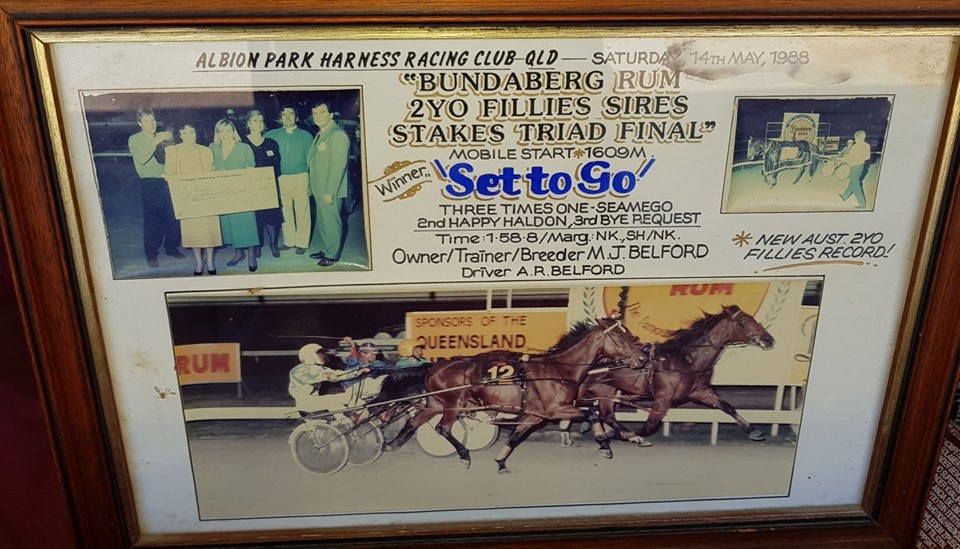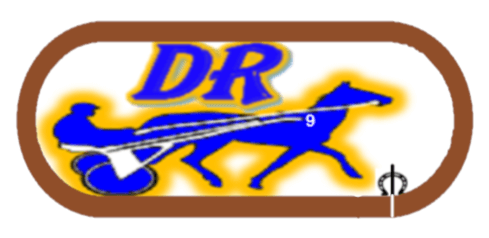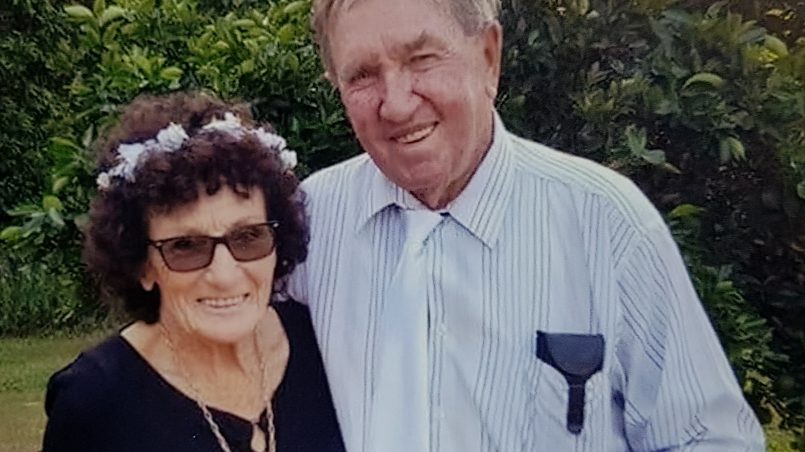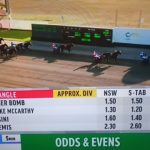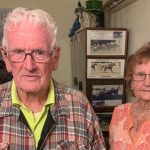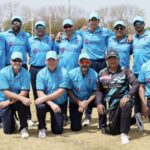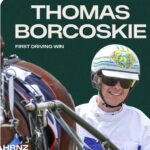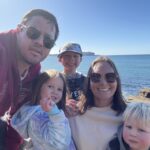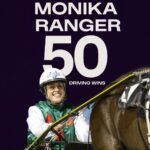By Duane Ranger. (sponsored by Fletcher Racing)
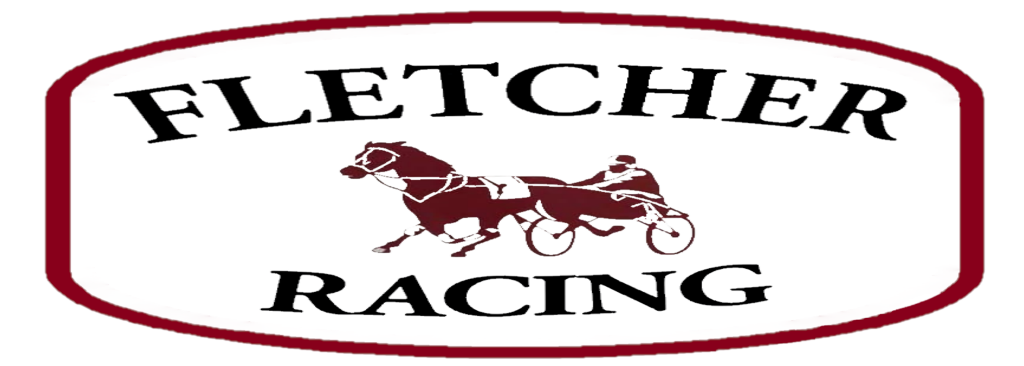
Rodney Belford was always destined to have a successful career with horses in some way or another. Anyone at the 1944 Ekka Show could have predicted that.
Belford, whose first name is actually Arthur, was just eight years old at the time and little did he realise that the RNA (Royal National Agricultural & Industrial Association of Queensland = Ekka) would play a big part in his early life.
“I was named the champion boy rider in the 12-Years-and-Under division at the Ekka Show. That’s when I rode my first winner at the Exhibition Grounds during a gymkhana put on by World War Two soldiers. The horse was named ‘Jessie Derby’ and was trained by my father, Artie. That was a long time ago (77 years), but I remember it like yesterday.
“My legs weren’t long enough to get in the gig,” said Belford, who went on to leave a huge impression in Queensland harness racing.
He said his father, Arthur (Artie), who trained a couple of standardbreds, didn’t want to continually have to pay for new dust sheets.
“I was only small and my legs would tear a hole in the sheet and sometimes I’d even fall through it,” the 84-year-old said.
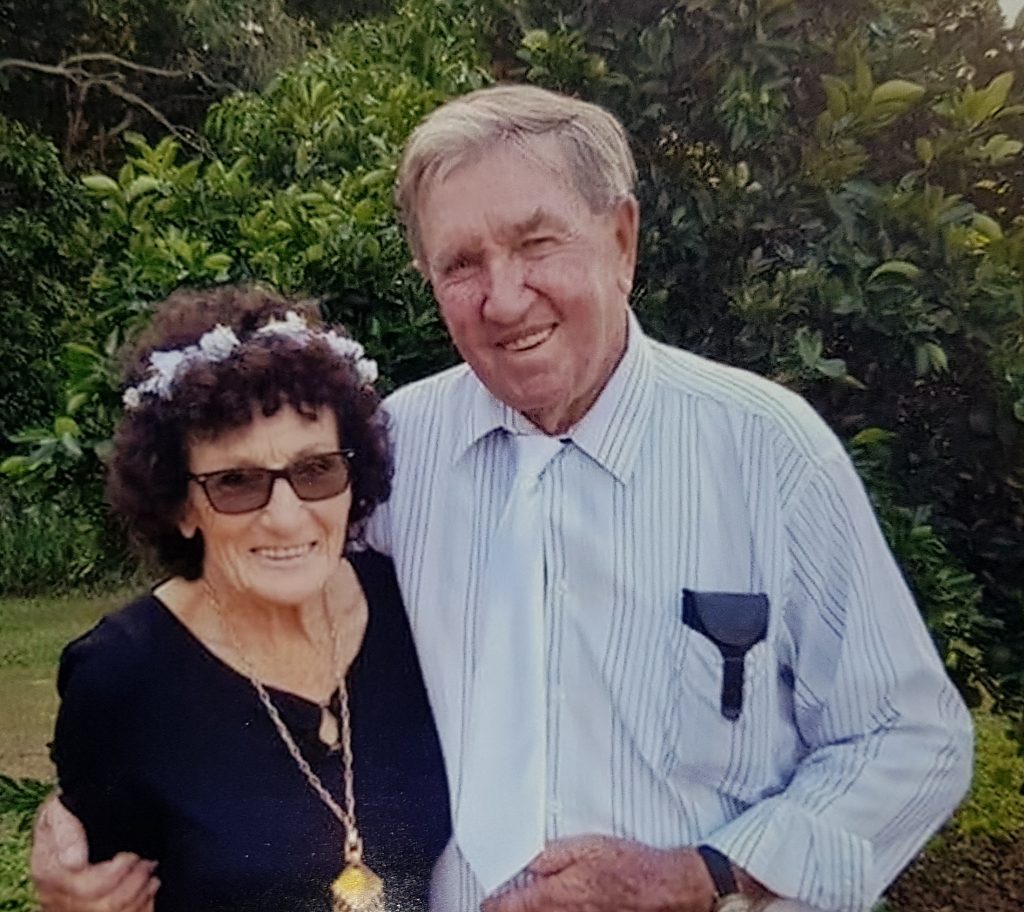
That was during the Second World War.
“We used to run gymkhanas for soldiers and provide them entertainment and various other showgrounds like Mitchelton. Dad had a couple of trotters in work, I used to ride ‘em,” Mr Belford said.
Mr Belford was born at Ellendene Private Hospital in Brisbane on November 26, 1935. He said he was educated at Wooloowin, Logan Village, and Albany Creek State Schools.
“I loved the RNA so much I actually went and worked for them in the office when I left school. I had built up a huge love of horses and animals and this job seemed the perfect fit.
“There were more than just animals at the Show in those days. Footballs matches and other sport were regular occurrences,” he said.
Then after 10 years employment at the RNA, Mr Belford, who was working a couple of horses at the time, switched careers.
“I needed a change in life, so I purchased a taxi in 1960. I had enough of working turnstiles and gates. I had always worked a horse or two, and never had much success early.
“It wasn’t until I was 22 that I drove my first winner. That was behind Bright King at Rocklea in 1957. The trainer was Keith McCloud.
“I used to play with one or two back then. I remember driving a horse named Alice Belmont for owner, Bill Knox. He leased me the mare. I was a young and inexperienced trainer who probably didn’t get the best out of her at the time.
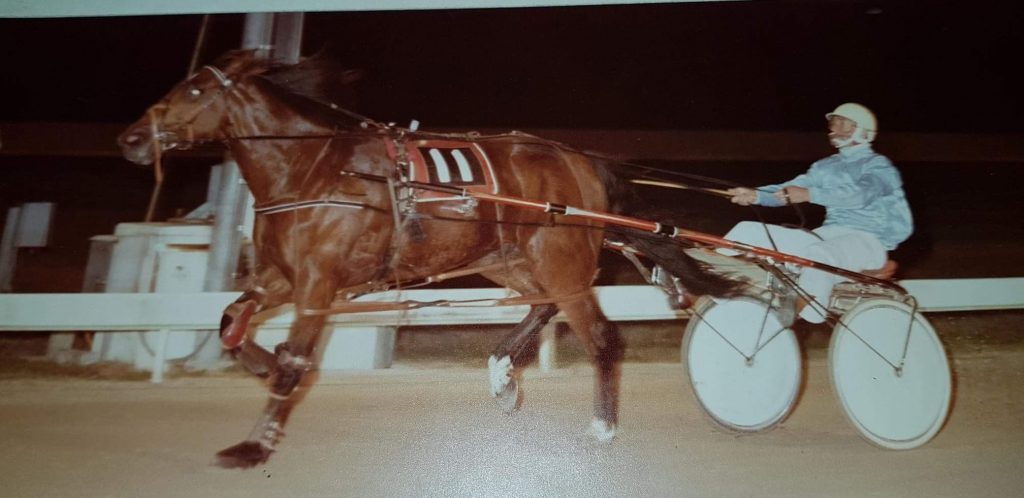
Early on I had a couple of cast-off horses. Star Brigade was one. He was from Sydney and was a former Derby winner, but had legs like me.”
Then one day Mr Belford was approached by prominent horseman, Cec Bennett of Deagon.
“He told me that I shouldn’t be training and driving ‘cast-offs’ and told me to come and pick a decent one from his stable, I chose Bob Spring, and he went on win many races mainly at Redcliffe and Rocklea. His sire, Royal Robert, was an Inter Dominion horse,” Mr Belford said.
Then in 1966 Mr Belford relocated to Knight Street in Redcliffe, where his son Mark, still operates from.
“Mark is Marilyn and my third child and only son. He is the track curator and groundsman at Redcliffe and trains and drives a few of his own. We also have three daughters, Toni, Trisha, and Terri,” Mr Belford said.
But Mr Belford was no average horseman. He achieved a great deal in 50-plus years of harness racing. He had his last drive at Toowoomba in 1990, but before then he notched up a few milestones:
- He won the Drivers and Trainers Premierships at Rocklea, Redcliffe and Albion Park. One year he did the Redcliffe – Rocklea double.
- He won the first mobile start race in Queensland at Redcliffe Paceway behind Opal Creed in the 1960s just prior to Albion Park changing its track direction.
- He was the first driver to represent Queensland in Australian Drivers Invitation Race in 1967.
- No-one won more races than Mr Belford up until the track changed direction.
- Drove in the first race to have sulky discs on wheels back.
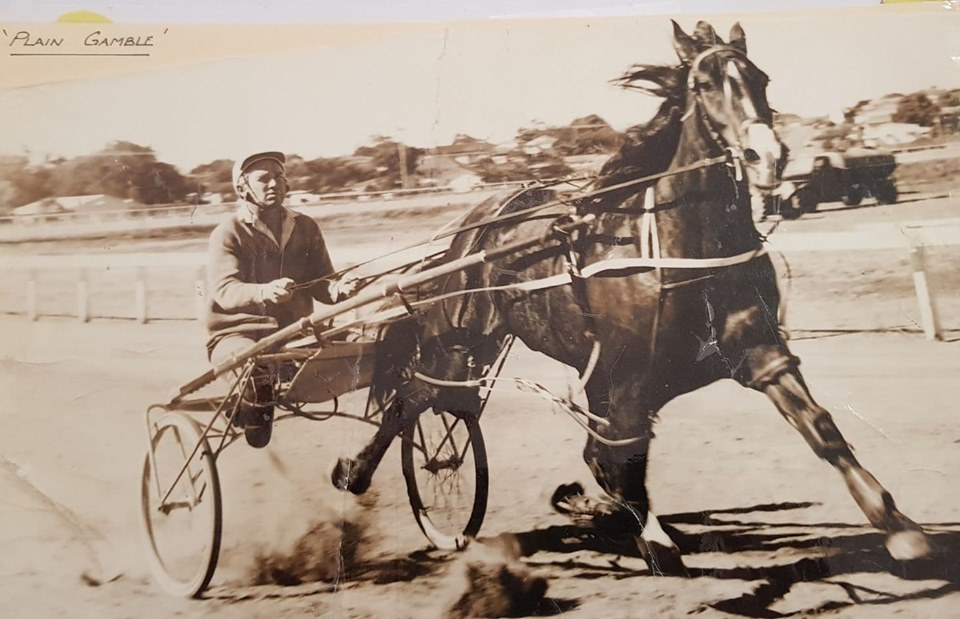
Mr Belford, who has trained and driven “hundreds of winners”, said his best horses were the 1967 Sandy Scott gelding, Plain Gamble and the True Averil gelding, Colonel Clarrie.
“Plain Gamble won a lot of races before he was sold to America. I never forget him winning the Sapling Stakes in 1970.
“Colonel Clarrie was also a goodie. I clearly remember when he won the Golden Slipper at Albion Park in 1976. He drew badly that day. We were three-wide early and then we went and sat parked. Then in the straight he ran away and left them to it.
“Clarrie had a heap of potential, but was the victim of a severe virus that went through the stable. He was a great loss,” Mr Belford said.
He said those two horses provided him with his biggest thrills in the game.
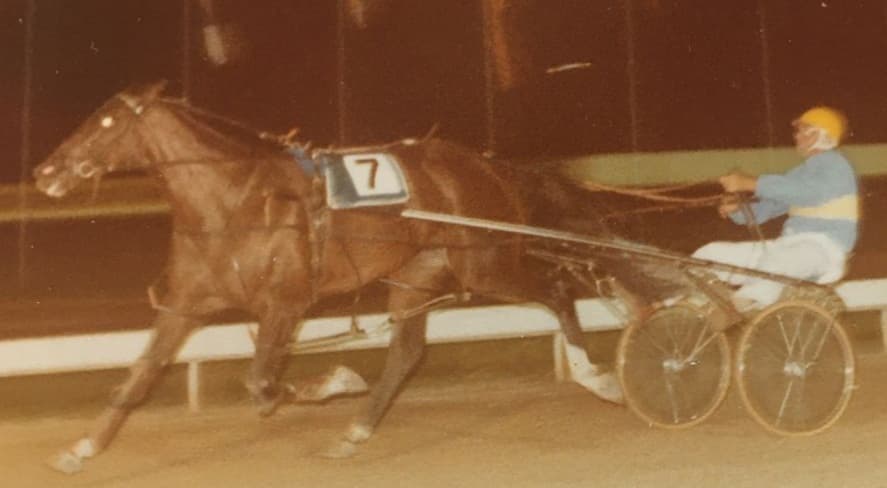
“I can’t forget Seamego and Set To Go either. Seamego won a Breeders in 1979 and many races after that at Albion Park, while Set to Go won 20 races all up ($153,205), including a Triad Pacing Final in 1988 with an Australian record time (1:58.8 mile rate).
“We owned and bred them. Marilyn and I did the training and I shared the driving with Mark,” Mr Belford said.
“They were both favourites with the whole family, especially Seamego whose stable name was ‘Socks’,” added eldest daughter, Toni.
Mr Belford said he still spelled a few of Mark’s horses at his property at Glastonbury, near Gympie.
“Mark still keeps me right in touch with the industry. I’ve trained and driven a lot of doubles, trebles, and even four at a meeting one day. I’ve loved the life I’ve had with horses.
“I wouldn’t have had it any other way. I still love them very much and get a great thrill out of watching them on TV. I like to follow Mark and his team,” Mr Belford said.
